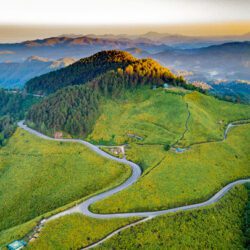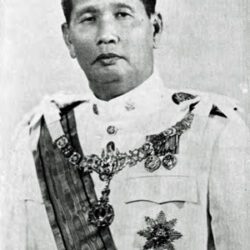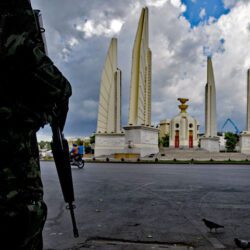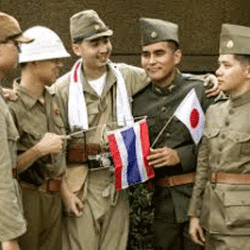
The infamous road between Chiang Mai and Mae Hong Son, blessed with hundreds of hairpin bends, is the only reminder of a long-forgotten piece of Thai war history. Barely hours after the Imperial Japanese Army invaded Thailand on December 8, 1941, the Thai government – despite fierce fighting back in places – decided to lay down its arms.
Generals who called the shots: Sarit Thanarat

Today, please pay attention to Field Marshal Sarit Thanarat, who took power in Thailand on September 17, 1957 with the support of the army. Although it was not immediately apparent, this was much more than just another coup in a row in a country where the officers had played a key role in the political and economic life of the nation for decades. The overthrow of the regime of former Field Marshal Phibun Songkhram marked a turning point in Thai political history whose echoes reverberate to this day.

Asia is said by many to have unique cultural values of which authoritarian leadership is a natural part. However, democracy is not something introduced to Thailand by the West. No, it is the result of a complex interplay of local traditions in Thai village society as well as foreign influences. Let's take a closer look at why democracy is not specifically Western.
A Question of National Sovereignty – Relations between Thailand & Japan on the eve of World War II

The military faction around the Thai Prime Minister, Marshal Phibun Songkhram, had maintained close and excellent relations with Japanese officials since the 1932 coup. Logical, because they shared a number of common interests.





